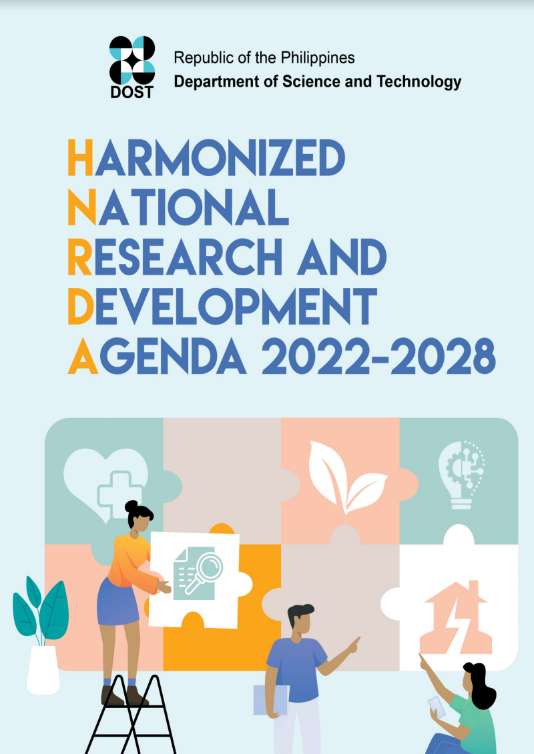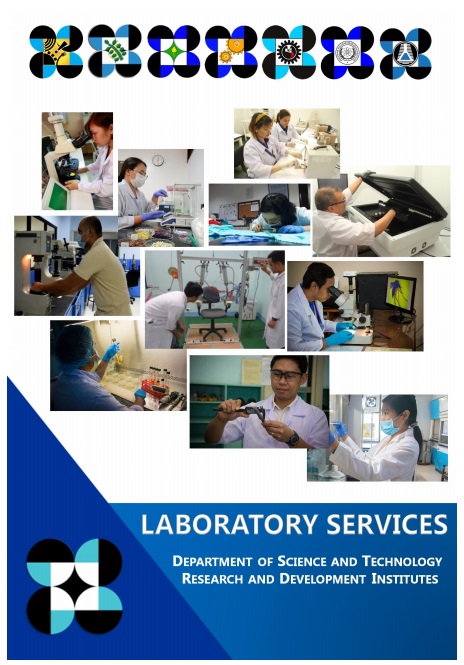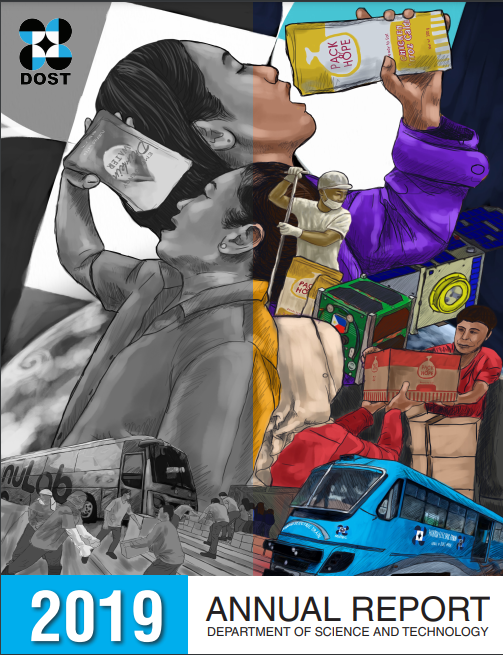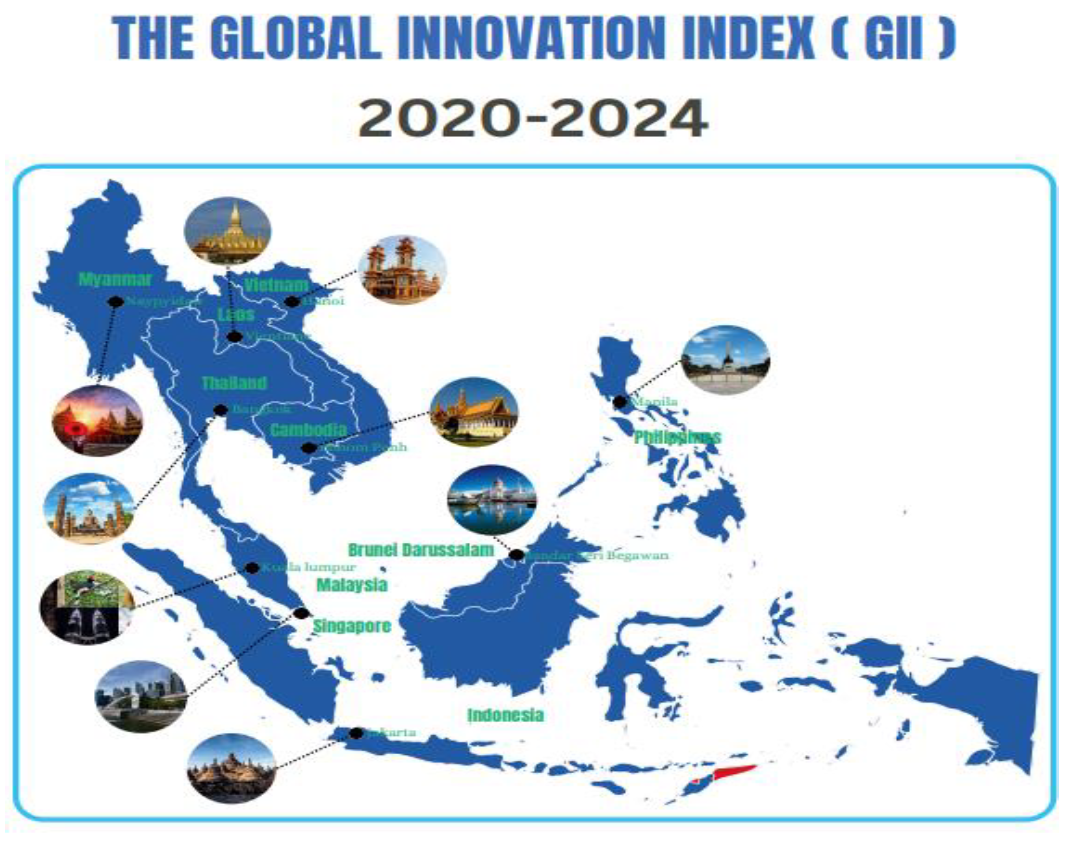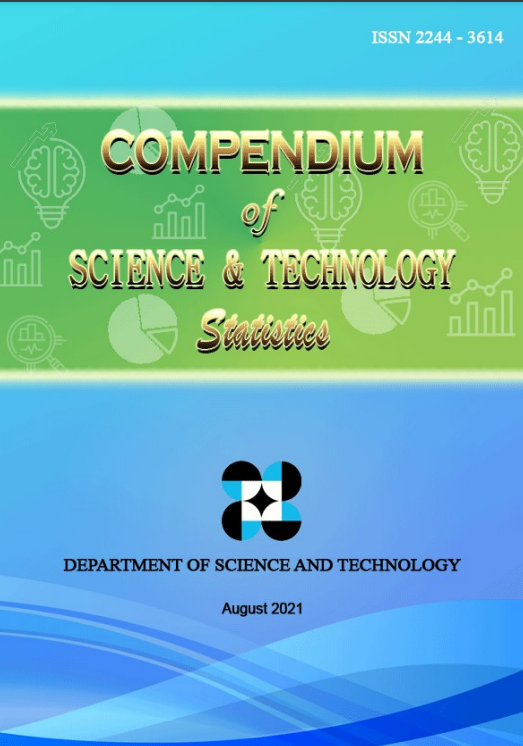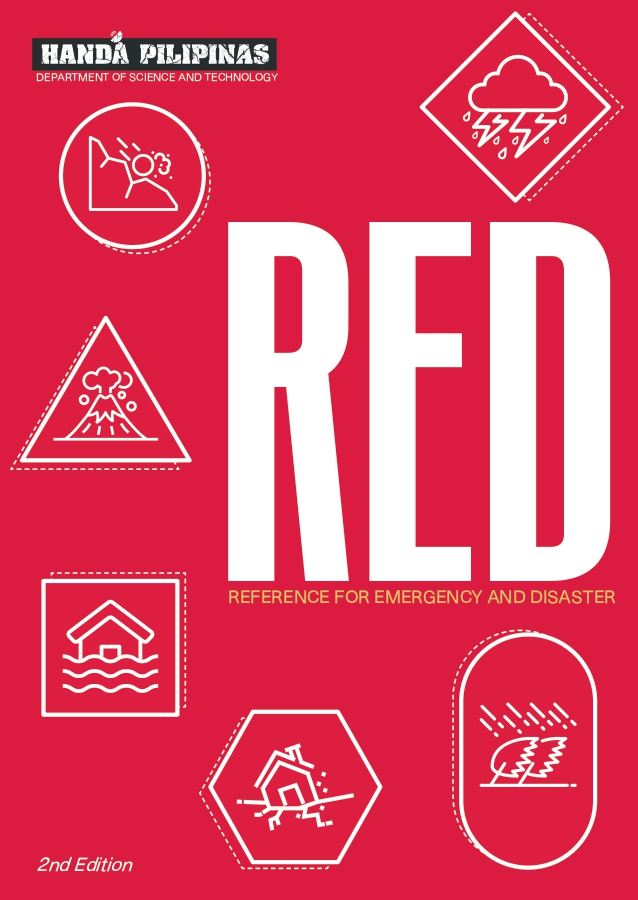Hacking of foreign Websites must be stopped, says DOST
- Details
- Hits: 3741
The rash of defaced foreign websites allegedly carried out by local hacker groups is neither sanctioned nor condoned by the Philippine Government, and must be stopped at the soonest. This is the statement issued by officials from the Department of Science and Technology’s Information and Communications Technology Office (DOST-ICTO).
“We understand the concern of our local hacker community on this issue. However, exchanges such as this one will not benefit anyone and could possibly lead to bigger problems in the future for the Philippines and China and escalate the already tense situation at Panatag Shoal,” explained Louis Casambre, Executive Director of DOST-ICTO.
Attempts at distributed denial of service (DDOS) from foreign origins on the gov.ph domain were detected recently and promptly blocked by government IT administrators. As a result, access to several government websites were blocked or deliberately delayed arising from the DDOS attacks.
What sparked this series of online vandalism was the defacement of the University of the Philippines website by hackers sympathetic to China’s claims on what is known internationally as Scarborough Shoal, a triangle-shaped chain of reefs and islands 220 kilometers off Palauig, Zambales known for the richness of its fishing grounds of its surrounding areas. This sparked a series of retaliations committed by rival hacker groups promoting the cause of Philippine sovereignty on the disputed area against a number of China-based websites.
DOST Secretary Mario Montejo expressed his displeasure on the hacker attacks. “These skirmishes in cyberspace are unsanctioned by either government and are largely outbursts of public sentiment by private citizens from either country regarding the current situation. It is our job in government to seek diplomatic solutions to these issues and not let them get out of hand,” Montejo said.
IT experts concur that the hacking of the UP website exposed the vulnerability of certain government sites, prompting renewed calls for tighter, more stringent online security standards.
Casambre noted that along with the cybercrime bill currently undergoing legislative review at both chambers of Congress, the DOST-ICTO is working closely with the Office of the President in drafting an Executive Order to establish a top-level body to spearhead government’s efforts on cybercrime and cybersecurity.
“The creation of this body will strengthen the necessary coordination and implementation of uniform security standards in government,” he added.
DOST-industry-academe tie up to poise local metalworks and electronics for local demand and global competition
- Details
- Hits: 3456
Transportation, robotics, and machine building for manufacturing processes, disaster mitigation, and food processing for small and big enterprises are the identified beneficiaries of the program. Once realized, MakiBayan will result in earnings and wealth for Filipinos through jobs generated, efficient production, and quality outputs. “I thank the DOST, through the leadership of Secretary Montejo, for the MakiBayan Program. It has always been our aspiration to upgrade the status of the tool and die sector of the country. Now we can work together to bring this objective into reality,” said PDMA President Luis Antonio T. Fuster. Also during the MakiBayan launch, PDMA proposed the establishment of the Die and Mold Solution Center that shall serve as a common service facility to accommodate small and medium enterprises who cannot afford to purchase costly pieces of equipment. Its ultimate goal is to increase the country’s production of die and mold and reduce dependence on their importation. MIAP, who specializes in metalworking, or transformation of the shape and properties of metals to produce tools and components, also thanked the DOST for the opportunity of taking part in the commercialization of mature R & D projects. “We at MIAP are privileged to be part of this event in crafting the roadmap of the metalworking sector. As a gesture of gratitude we are taking a bold stance by accepting the challenge as one of the government partners in working towards improving productivity in the metal sector,” said Virgilio F. Lanzuela, MIAP president. Meanwhile, Dr. Aura C. Matias, ERDT Program Leader, stated that the lack of researchers, scientists and engineers to conduct R&D can be a big reason for the slow growth of the country. UNESCO put the benchmark for a developing country at 360 researchers, scientists and engineers per year in order to . According to her, the country produced 125 researchers, scientists and engineers in 2005, and only five after two years, with a total of 130 in 2007. In addition, Philippine neighbors like Vietnam, Thailand and Singapore produce six, 25 and 200 Master graduates, respectively, for one produced in the country. With regard to the MakiBayan, Dr. Matias said, “The ERDT consortium is an investment to make the Philippines globally competitive by addressing R&D manpower needs.” “Through this partnership, the industry can tell us what expertise they need, and we will supply them with what they need,” she added.
DOST nuclear experts say do not be alarmed over NoKor satellite launch
- Details
- Hits: 13742
Experts at the Philippine Nuclear Research Institute of the Department of Science and Technology (DOST-PNRI) stressed that there is no reason for the public to be alarmed in the event the Democratic People’s Republic of Korea (DPRK) or North Korea launches to orbit its earth observation satellite “Kwangmyongsong-3” on April 12 and 16 which many analysts say is a ballistic missile test. The United States and its allies described the planned rocket launch of the DPRK as a ballistic missile test in disguise of a satellite launch. According to PNRI Director Alumanda De la Rosa, the information gathered by the Institute states that the tests will not involve any nuclear material. However, she said that PNRI will activate the Radiation Monitoring team under the Radiological Emergency Preparedness and Response Plan in case the debris from these tests will fall into the country’s territory. PNRI will make some measurements to ensure that these are not radioactive debris. “According to information that we have, DPRK will only launch its satellite, but we will send our team to check if there may have been radioactive components present in the debris,” explained Director De la Rosa. She also advised the people not to touch the debris and cordon off the site until experts arrive. Moreover, Director De la Rosa said that PNRI will continue air measurements for radioactivity in Metro Manila before and after the DPRK rocket launches but maintains that it is the agency’s routine job to monitor daily the ambient gamma radiation in the air. “As part of our program, DOST-PNRI will continue to monitor the radiation levels present in the environment, “ said Director dela Rosa. The Philippine government has expressed concern over the purported missile test launches in the Korean peninsula. Information gathered by the Department of Foreign Affairs states that the rocket’s first stage will reportedly separate and fall in a zone -140 kilometers west of Republic of Korea’s Byeonsan Peninsula, while the second stage is expected to fall in an area 190 kilometers east of Luzon.(Joy M. Lazcano)
DOST Balik Scientist aids in integration of gov’t systems
- Details
- Hits: 3578
“We are grateful to our countrymen who have accomplished so much in their chosen careers abroad and have taken the time and effort to share their knowledge and expertise for the benefit of the country. Mr. Manongdo’s invaluable contribution to the ICTO will go a long way in developing an integrated government,” Denis Villorente, NCC Officer-in-Charge and project leader of the iGov project said. Originally established in 1975, The Balik Scientist Program of the Department of Science and Technology aims to support and strengthen the scientific and technological human resources in the Philippines and reverse the effects of migration of skilled workers by encouraging Filipino scientists and technicians to return to the country and share their expertise and promote scientific, and economic development. (Roy Espiritu and Allan Ace Aclan, S & T Media Service)













